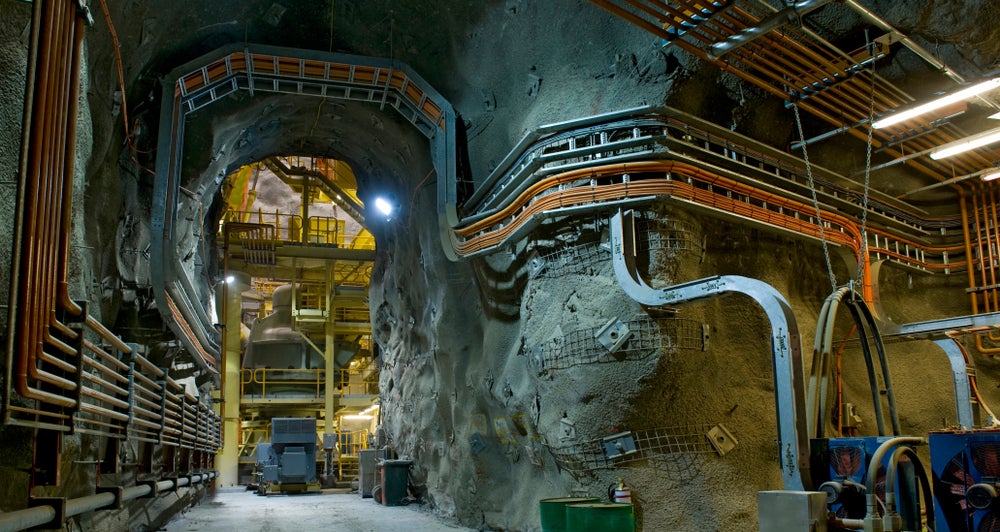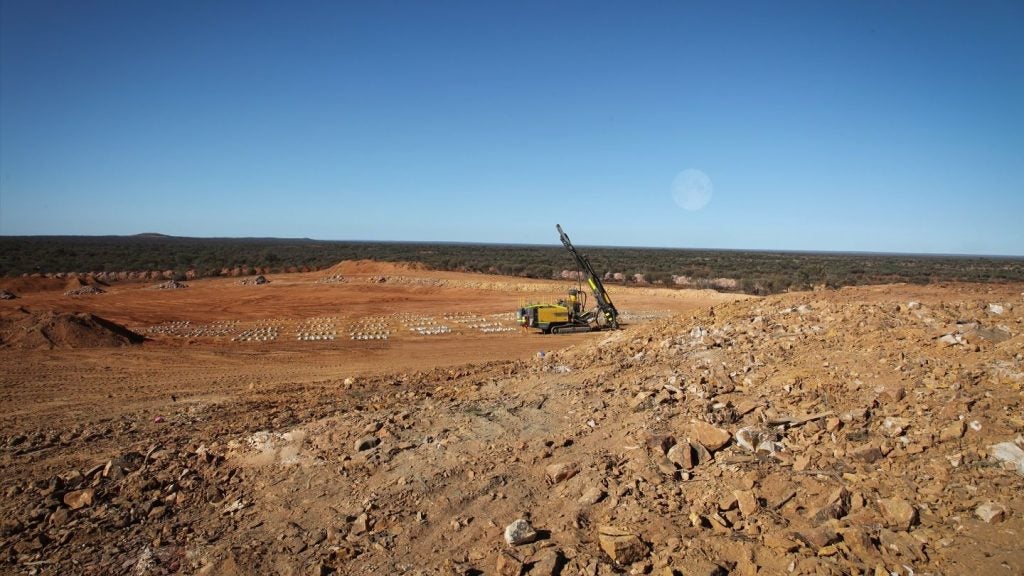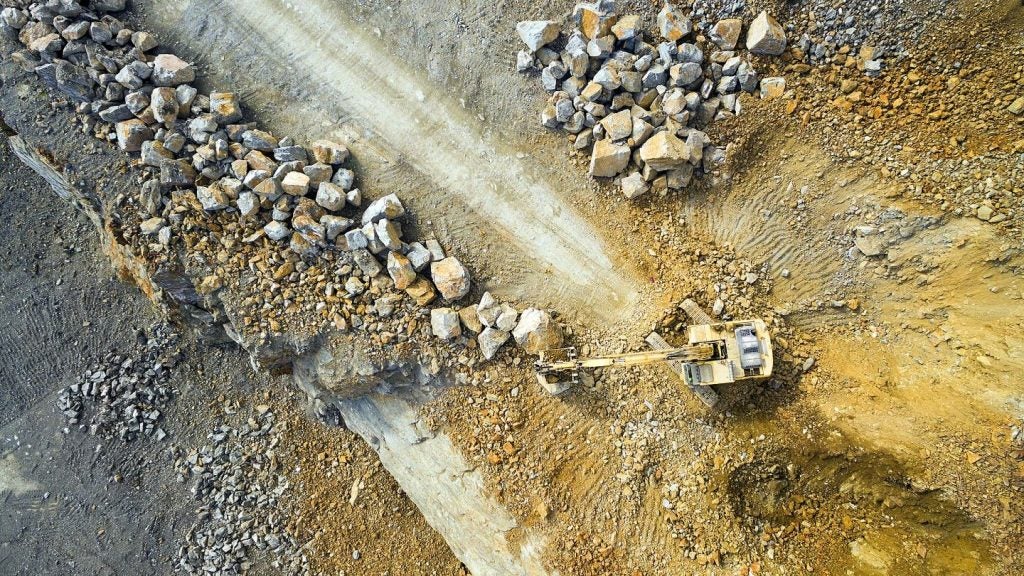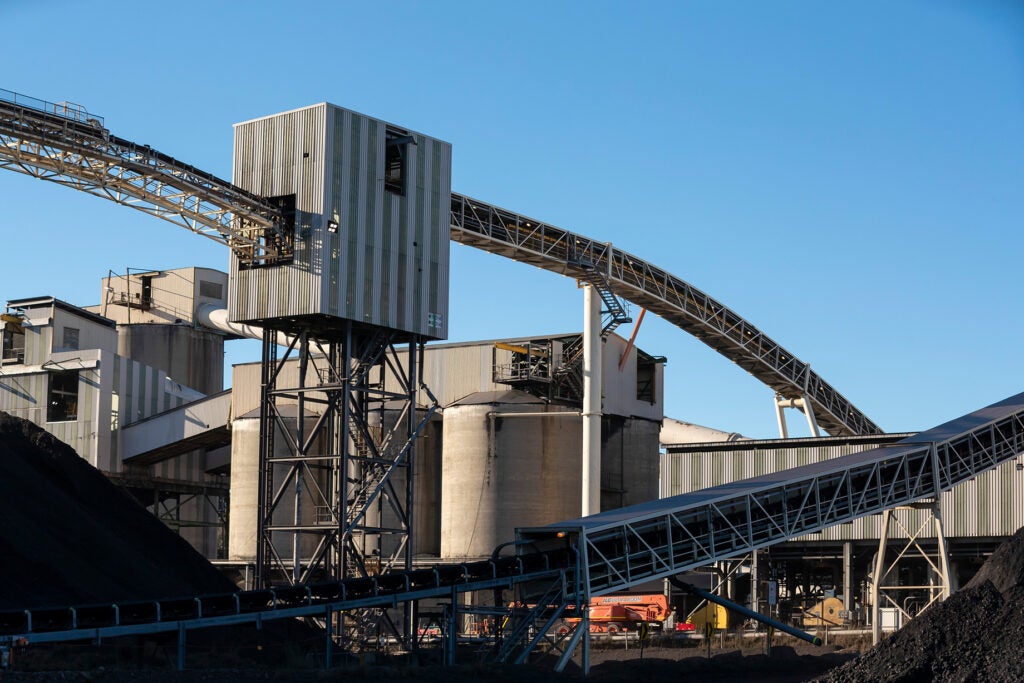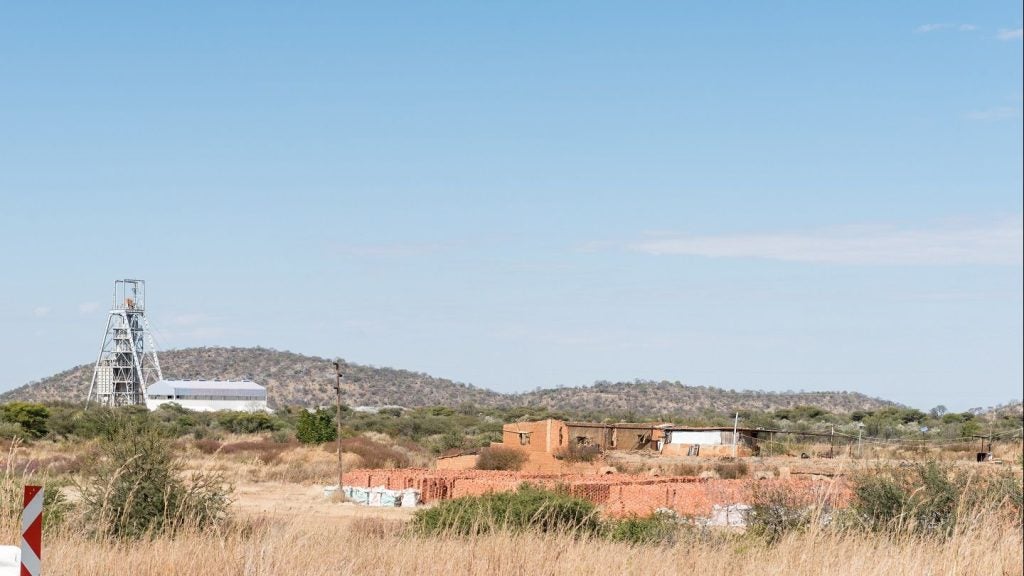Australia's Victorian Government has passed a new Mineral Resources Amendment Bill to promote renewables development while ensuring environmental protections.
The bill enables the continuation of reforms into the way in which minerals are mined and managed across the state.
Amendments will focus on high-risk areas and activities. According to a statement from the office of Victoria premier Daniel Andrews, the current work approvals scheme will be replaced with an updated system based on statutory duty.
“These changes will help deliver the materials we all need while maintaining protections for communities and the environment,” said Victoria’s minister for energy and resources Lily D’Ambrosio in a statement published last week.
Andrews said that the bill will ensure a more transparent and consultative process for local communities.
The Victorian government has committed A$23.2m ($14.9m) of its budget for 2023/2024 to support the implementation of best practice reforms. The new legislative amendments will come into force on 1 July 2027.
Victoria is a key mining state in Australia and is the country’s largest producer of brown coal which generates around 70% of the state’s electricity. Gold and mineral sands are also mined in the state. Victoria’s government is exploring the potential for critical mineral mining in the area and it spent A$183.8m on mineral exploration in 2020-2021.
D’Ambrosio continued: “We’re supporting our growing mineral resources sector to get the job done, as our state demands more rock, sand and critical minerals to build new homes, hospitals, schools, transport and renewable energy infrastructure."
Mining is a major industry for Australia; in the 2022-2023 financial year, the sector contributed a record A$455bn ($293bn) in export revenue, according to figures published by the Minerals Council of Australia this month. This represented 66% of all export revenue for the country, an increase of 10.5% from the 2021-2022 financial year, the previous record year.


